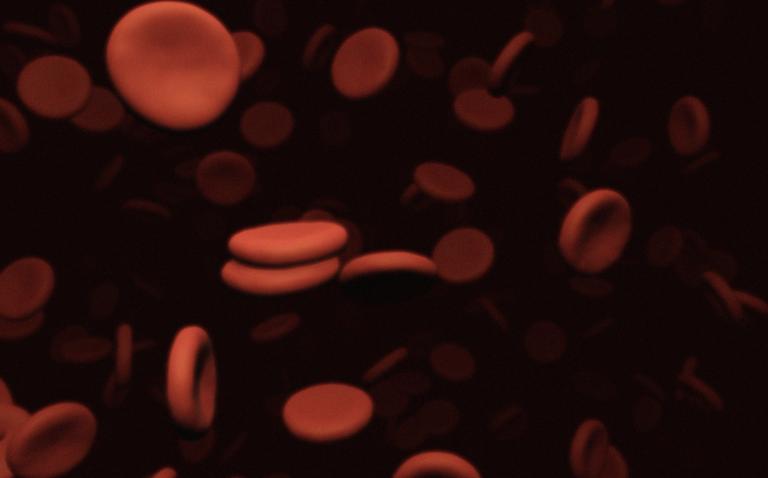The European Medicines Agency (EMEA) has conducted a review of the risks associated with using heparin products contaminated with oversulphated chondroitin sulphate (OSCS).
Heparins are used to prevent and treat blot clots, and are widely used in patients at risk of or who have had myocardial infarction, who have undergone major surgery or dialysis patients.
Many batches of heparin-containing products have been recalled recently because of reported adverse effects and of fears of contamination.
The EMEA’s Committee for Medicinal Products for Human Use (CHMP) concluded that OSCS has been found in unfractionated (standard) and low-molecular-weight heparin and that there is a link between contamination with high levels of OSCS and serious side effects seen in some patients who received contaminated standard heparin.
Contaminated standard heparin as been removed from the worldwide market, according to the EMEA.
Low levels of OSCS have been identified in some batches of low-molecular-weight heparin enoxaparin, although as no serious side effects are said to have been observed, the CHMP said doctors can continue to use enoxaparin with low levels of OSCS temporarily.
However, it cautioned that care should be exercised in using the drug: to minimise risk, doctors should avoid intravenous or intra-arterial administration, monitor patients for allergic reactions, and minimise treatment in pregnant women.
The CHMP recommended inspection of the heparin supply chain, and specific testing for contaminants.










